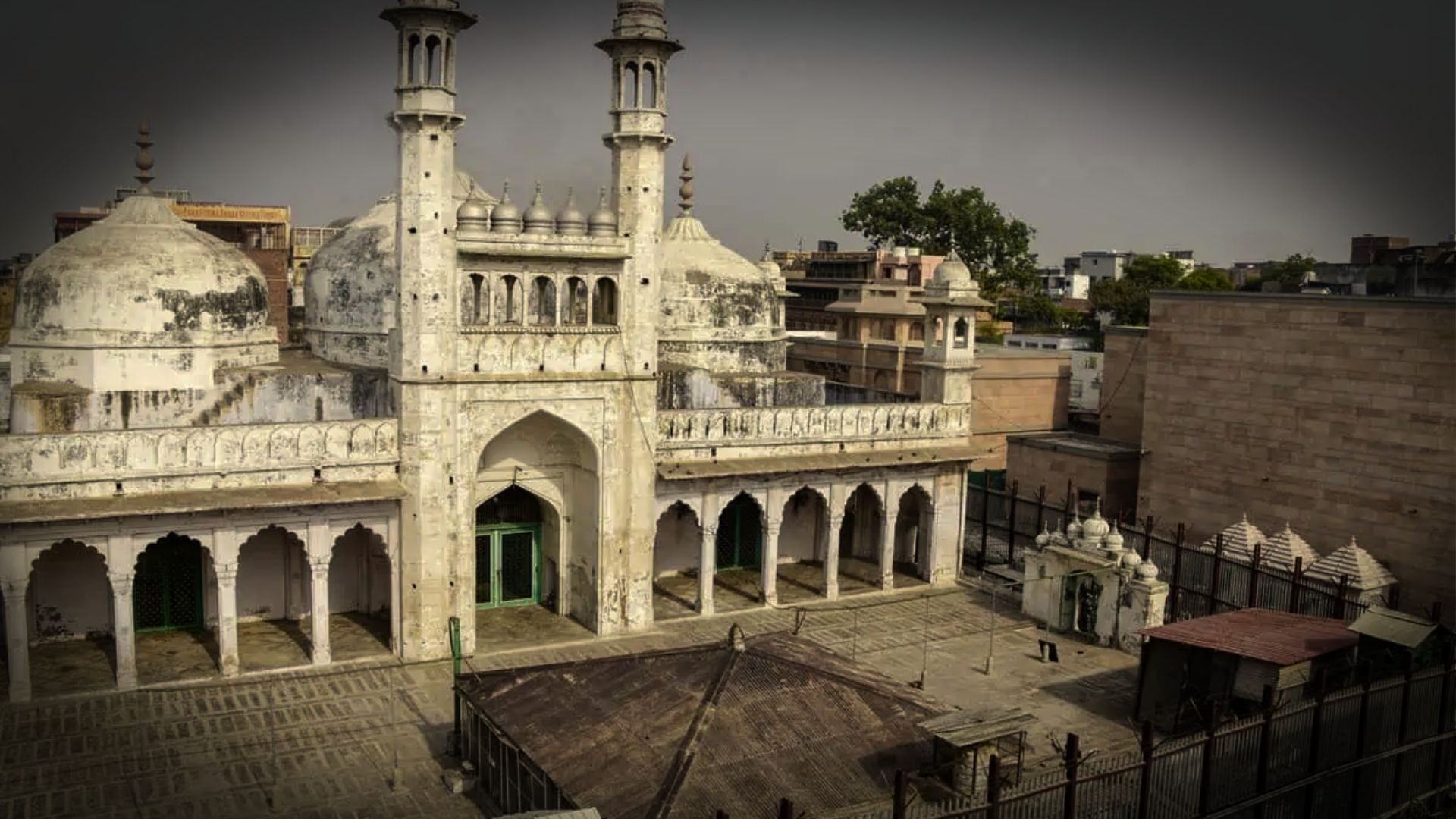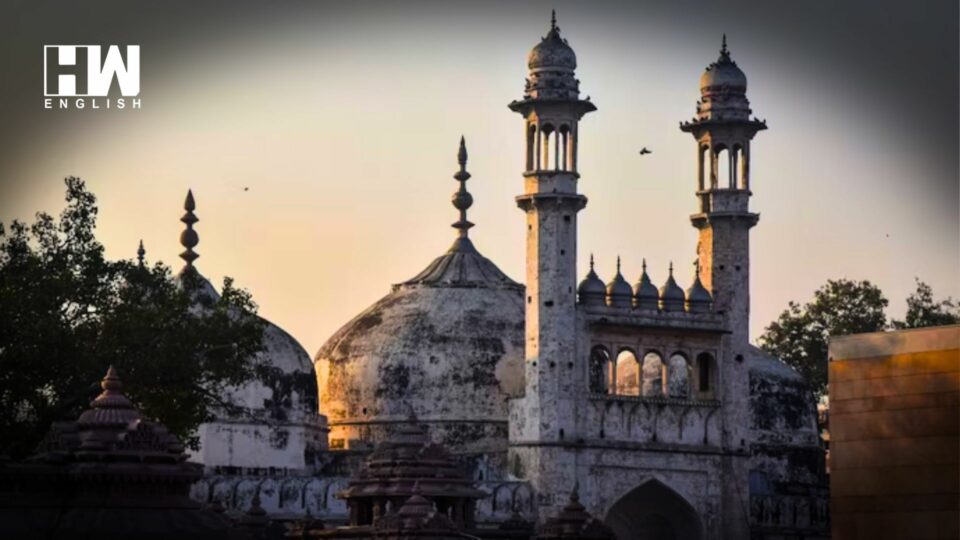The Allahabad High Court declined relief to the Anjuman Intezamia Masjid Committee, which had filed a petition against a Varanasi court’s order allowing Hindu devotees to worship inside the sealed basement of the Gyanvapi mosque complex. Justice Rohit Ranjan Aggarwal’s single bench directed the Advocate General to ensure law and order inside and outside the Gyanvapi mosque premises. The next hearing is scheduled for February 6.
Previously, the mosque committee had approached the Supreme Court challenging a district judge’s order permitting puja in the southern cellar of Gyanvapi mosque. However, the Supreme Court directed them to approach the Allahabad High Court instead.
Also Read: Champai Soren Takes Oath As Jharkhand Chief Minister
During the hearing, senior advocates SFA Naqvi and Puneet Gupta, representing the mosque committee, informed the High Court that the Hindu side sought one of the four cellars, including the Vyas Ka Tekhana (cellar), for worship. They mentioned that the Hindu side’s application filed on January 17 was allowed, appointing a District Magistrate as a “receiver” for that portion of the mosque.
Advocate Vishnu Shankar Jain, representing the Hindu side, opposed the mosque committee’s petition, highlighting that it didn’t challenge the January 17 order but only the subsequent one on January 31, permitting puja in the sealed basement.

The High Court, refusing to grant relief, ruled that the mosque committee failed to challenge the January 17 order and didn’t halt the district court’s decision to allow puja within the Gyanvapi mosque premises.
This decision followed days after four women petitioners approached the Supreme Court, seeking excavation and a survey of the sealed section of the mosque. Their plea came after the Archaeological Survey of India (ASI) report, claimed by the Hindu side, revealed the existence of a large Hindu temple before the Gyanvapi mosque’s construction.
Numerous Hindu activists contend that a temple existed earlier at the disputed Gyanvapi mosque site, which was demolished in the 17th century on the orders of Mughal emperor Aurangzeb, a claim contested by the Muslim side.
As an independent media platform, we do not take advertisements from governments and corporate houses. It is you, our readers, who have supported us on our journey to do honest and unbiased journalism. Please contribute, so that we can continue to do the same in future.

